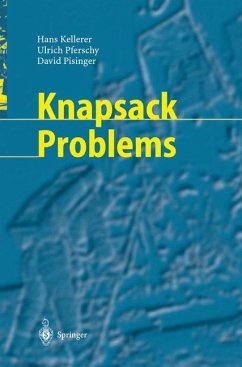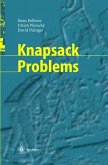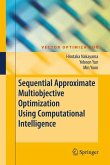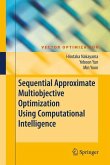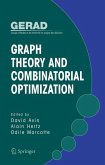Thirteen years have passed since the seminal book on knapsack problems by Martello and Toth appeared. On this occasion a former colleague exclaimed back in 1990: "How can you write 250 pages on the knapsack problem?" Indeed, the definition of the knapsack problem is easily understood even by a non-expert who will not suspect the presence of challenging research topics in this area at the first glance. However, in the last decade a large number of research publications contributed new results for the knapsack problem in all areas of interest such as exact algorithms, heuristics and approximation schemes. Moreover, the extension of the knapsack problem to higher dimensions both in the number of constraints and in the num ber of knapsacks, as well as the modification of the problem structure concerning the available item set and the objective function, leads to a number of interesting variations of practical relevance which were the subject of intensive research during the last few years. Hence, two years ago the idea arose to produce a new monograph covering not only the most recent developments of the standard knapsack problem, but also giving a comprehensive treatment of the whole knapsack family including the siblings such as the subset sum problem and the bounded and unbounded knapsack problem, and also more distant relatives such as multidimensional, multiple, multiple-choice and quadratic knapsack problems in dedicated chapters.
From the reviews:
"The book explores the knapsack problem and its variants in 15 chapters ... . On the whole, the authors present a rich amount of material, much of which belongs to the most recent advancement in the subject ... . This self-contained monograph is a valuable addition to the existing literature on knapsack problems. It will certainly make an excellent reference for researchers in combinatorial optimization. ... In this regard, the libraries in this field-should have a copy of this book on their shelves." (J Xue, Journal of the Operational Research Society, Vol. 56 (11), 2005)
"This book provides a comprehensive overview of the methods for solving KP, its variants and generalizations. ... By presenting a range of algorithmic techniques, this book is also a suitable tool for studying modern algorithms. ... With its more than 500 references and its author and subject indexes, this book will be a valuable tool for many researchers in combinatorial optimization." (Peter Butkovic, Mathematical Reviews, 2006 d)
"This book presents a large number of new results for knapsack problems, especially related to exact and approximate (heuristic) algorithms. Moreover, many modifications and extensions of the knapsack problem are treated. To do this, the authors found and consequently used a close connection between manifold contents and a clear, stimulating presentation. ... With an introduction into NP-completeness of knapsack problems a monograph ends, which spans the range from a comprehensive introduction to the most recent and advanced results very nicely." (Jürgen Köhler, OR Spectrum, Issue 27, 2005)
"The book starts with a basic introduction to the knapsack problem ... . It proceeds with a discussion about the basic techniques available for the solution to this problem, which makes it useful reading for undergraduate students of computer science, mathematics and economics. ... In conclusion, it could be said thatthe book is a valuable source for students, but also for researchers interested in this problem." (K. Soric, Zentralblatt MATH, Vol. 1103 (5), 2007)
"The book explores the knapsack problem and its variants in 15 chapters ... . On the whole, the authors present a rich amount of material, much of which belongs to the most recent advancement in the subject ... . This self-contained monograph is a valuable addition to the existing literature on knapsack problems. It will certainly make an excellent reference for researchers in combinatorial optimization. ... In this regard, the libraries in this field-should have a copy of this book on their shelves." (J Xue, Journal of the Operational Research Society, Vol. 56 (11), 2005)
"This book provides a comprehensive overview of the methods for solving KP, its variants and generalizations. ... By presenting a range of algorithmic techniques, this book is also a suitable tool for studying modern algorithms. ... With its more than 500 references and its author and subject indexes, this book will be a valuable tool for many researchers in combinatorial optimization." (Peter Butkovic, Mathematical Reviews, 2006 d)
"This book presents a large number of new results for knapsack problems, especially related to exact and approximate (heuristic) algorithms. Moreover, many modifications and extensions of the knapsack problem are treated. To do this, the authors found and consequently used a close connection between manifold contents and a clear, stimulating presentation. ... With an introduction into NP-completeness of knapsack problems a monograph ends, which spans the range from a comprehensive introduction to the most recent and advanced results very nicely." (Jürgen Köhler, OR Spectrum, Issue 27, 2005)
"The book starts with a basic introduction to the knapsack problem ... . It proceeds with a discussion about the basic techniques available for the solution to this problem, which makes it useful reading for undergraduate students of computer science, mathematics and economics. ... In conclusion, it could be said thatthe book is a valuable source for students, but also for researchers interested in this problem." (K. Soric, Zentralblatt MATH, Vol. 1103 (5), 2007)

